Comic Strip of the Day: Waiting for the Next Rhino
Skip to commentsOne of the tabs in my morning perusal is Africartoons, but I have to confess that, while the continent has an inspiring culture of cartooning, it seems for the past couple of years the specific economic and leadership issues of the various nations have made their commentary hard to understand from the outside.
But this Findlay & Curtis panel got a laff out of me this morning, not because I understand what’s happening in South Africa’s economy but because it’s happening everywhere, and, even in the US, where the lack of stability in our currency is far more theoretical, we’re building up a rhinoceros-sized load of other delayed impacts.
The other factor is that John Donne knows more about the economy than Donald Trump, because no man is an island, despite Dear Leader’s theory that he can wage economic warfare on other nations and somehow let us stand aloof from the rest of the world.
When anybody’s economy falters, the vibration echoes in ours, and trying to paper over it only causes it to fester and rot.
Drew Sheneman provides the ground-level view, and the joke is that you have to be well-connected to get that letter about heel spurs that will exempt you from danger.
In financial terms, that means that, if an average person is forced into bankruptcy, their credit is wrecked for about seven years and not well-accepted thereafter.
But for the well-connected tyros who made it happen, bankruptcy is simply a financial bail-out and they may have to come up with a new corporate set up, but they’re back in business the next day.
Having suffered little and learned less.
I remember, shortly before the Savings & Loan collapse, a freelance assignment in which some high federal muckety-muck was going to speak and so all the local bankers and brokers and wheelers and dealers were assembled.
Being about 30, I understood enough to have doubts, but not enough to nail them down.
So I asked a couple of these high rollers how on earth what was going on — not simply the deregulation of the S&Ls but our pending emergence as one of the world’s largest debtor nations — could be sustainable.
And they assured me that everything was fine and that it was all a very good thing.
Shortly after, the rhinoceros hit.
And the only benefit I got out of it was that, when it happened again in 2008, I could sit back and say, “Well, there’s that ol’ rhino again!”
And having watched Neil Bush and everyone else walk away safely on their heel spurs before, I wasn’t so surprised this time, when everyone got patched up, papered over, patted on the butt and turned loose again.
After all, it’s not like they went broke paying for college or trying to avoid dying of cancer.
And if that weren’t depressing enough
I’m not much into comic books, so the comicsgate thing has been only popping up tangentially in my feeds. I know what it is, but I’m not inundated, and, in fact, I mostly see postings from friends who crossover from comic strips to comic books and are expressing outrage or support for something I didn’t know had happened.
If that’s your situation as well, check out this episode of Reveal, the program/podcast of the Center for Investigative Journalism, which I happened to stumble over yesterday on NPR while running errands.
The great thing about it is that, because they’re a general interest program, they don’t assume you already know about the topic, while, true to the name of their organization, they don’t just provide superficial happy-chat coverage.
They give you an overview, but then they get down into some of the details you probably didn’t know even if you were already kind of up on it all, including interviews with some key figures.
It’s a substantially not-okay situation, because, while the actual trolls may be a vocal-but-minor part of the alt-right comic racists/misogynist community, that community is larger than anyone with a sense of decency would like to believe.
What I brought away from it was a realization that it’s not possible for a reasonable, creative writer to argue against changing the race or sex of an established character in the name of artistic integrity, because it puts you in bed with racist, sexist sociopaths.
Though I can still argue that, if they’d kept Superman and Batman geared for the 8-12 age group, and then let Spidey and Fantastic Four appeal to the 12-16 group, they’d have taught comics fans to look for new titles and new characters as part of growing up.
And I can still wonder how we got to a point where it seems that everything — not just comic books but movies and Broadway musicals and even TV shows — seems to be a relaunch of something that worked in the past.
On the other hand
I take comfort in the news that Abrams ComicArts, which has really established itself as a publisher of high-quality work, is launching a new imprint, Megascope, that will focus on diverse artists, diverse characters and diverse experiences, under the direction of John Jennings, professor and cartoonist.
After a week in which we saw the once-respected Children’s Television Workshop go totally chickenshit on the topic of Bert and Ernie, it’s nice to see a mainstream publisher stand up and take a major step in the right direction.
While we wait for that, here’s A Problem Like Jamal, a new strip featured at Gocomics which is, in the official description, about “a woke, young brother named Jamal Marcus as he single-handedly takes on racism, sexism, homophobia, capitalism, and too-damn-much-homework…ism.”
This example is a Sunday from last summer that particularly cracked me up, though, like most new strips, it’s still finding its legs. But I’ve added it to my page at GoComics and, so far, its kinda-off days are better than a lot of other strips very-best days.
Too long a sacrifice
(The character in the song gives up. Janis has not.)
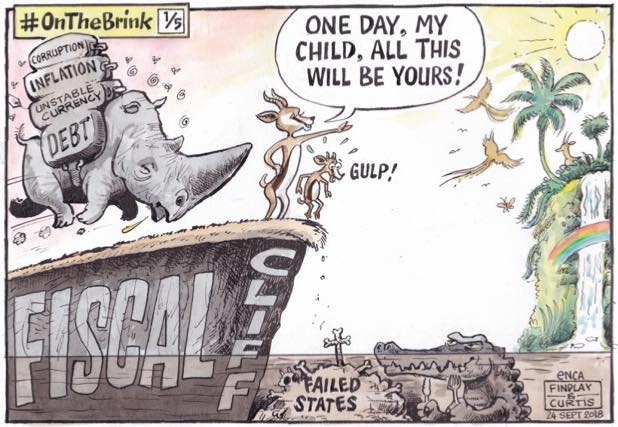
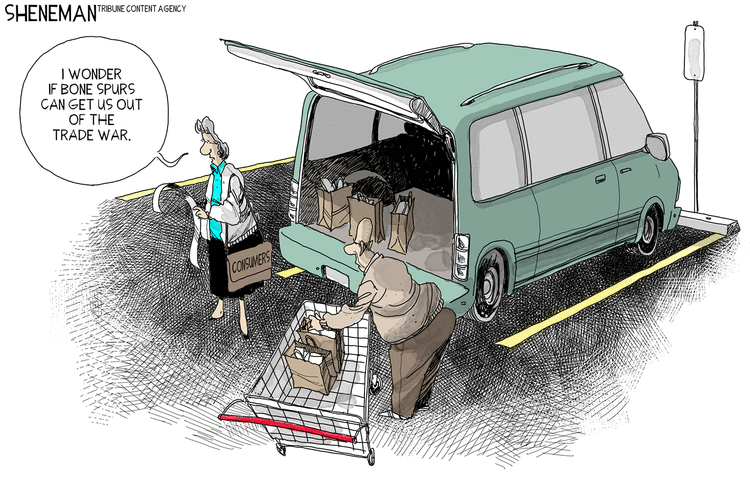
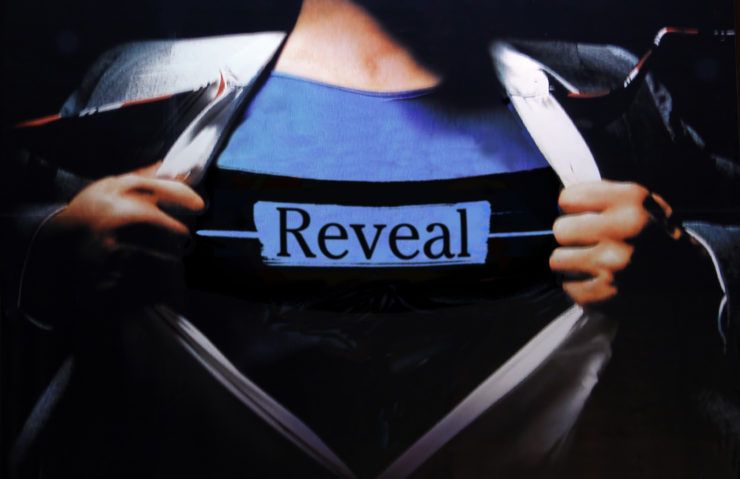
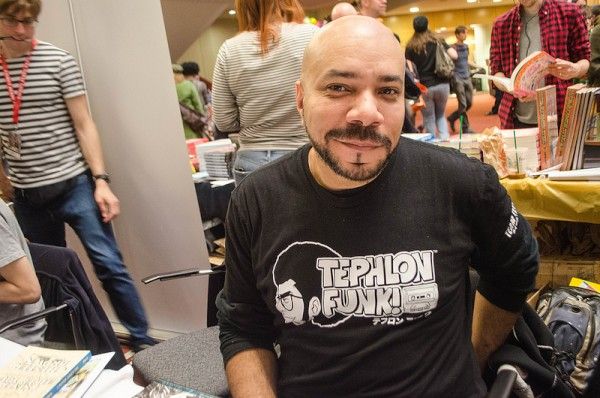
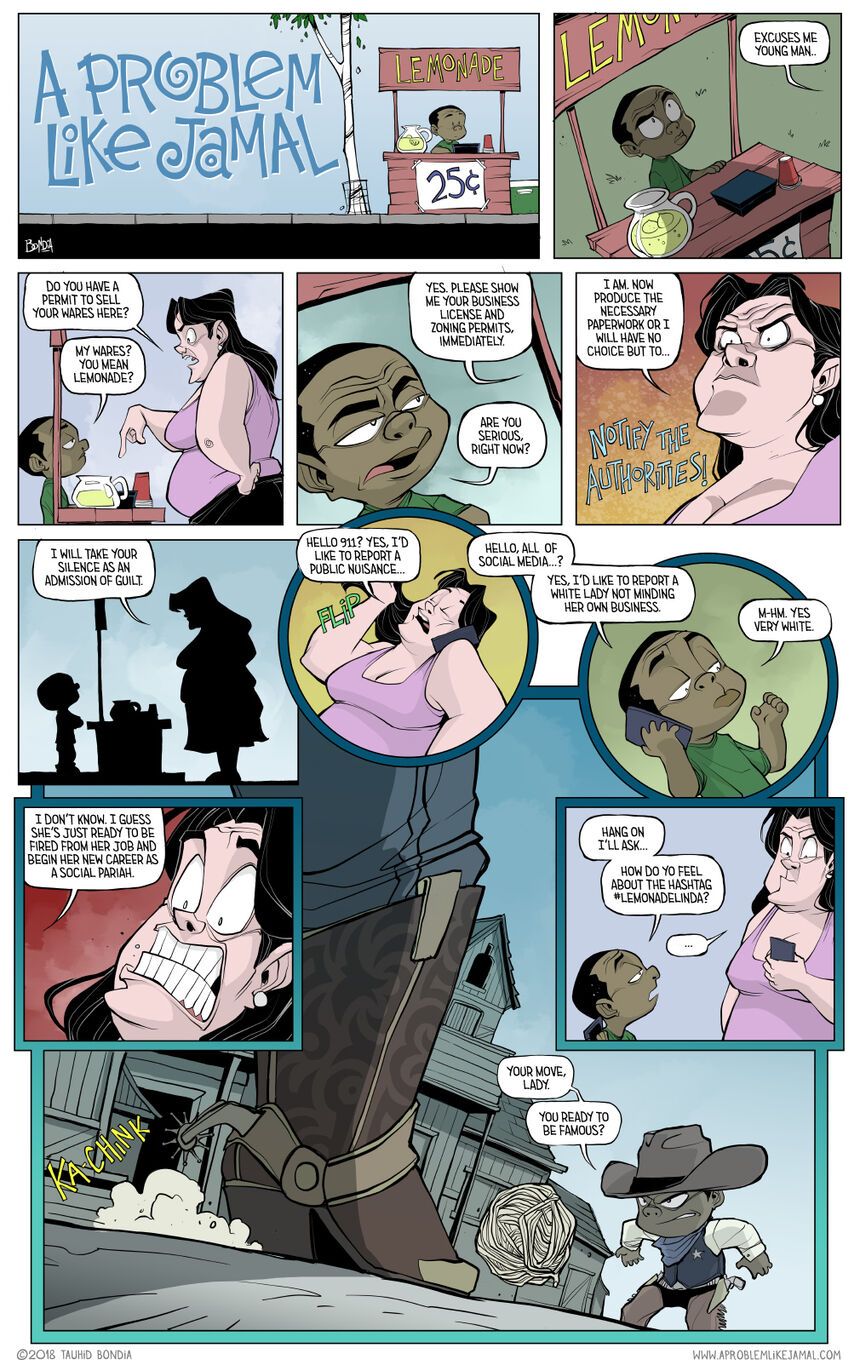
Comments 1
Comments are closed.